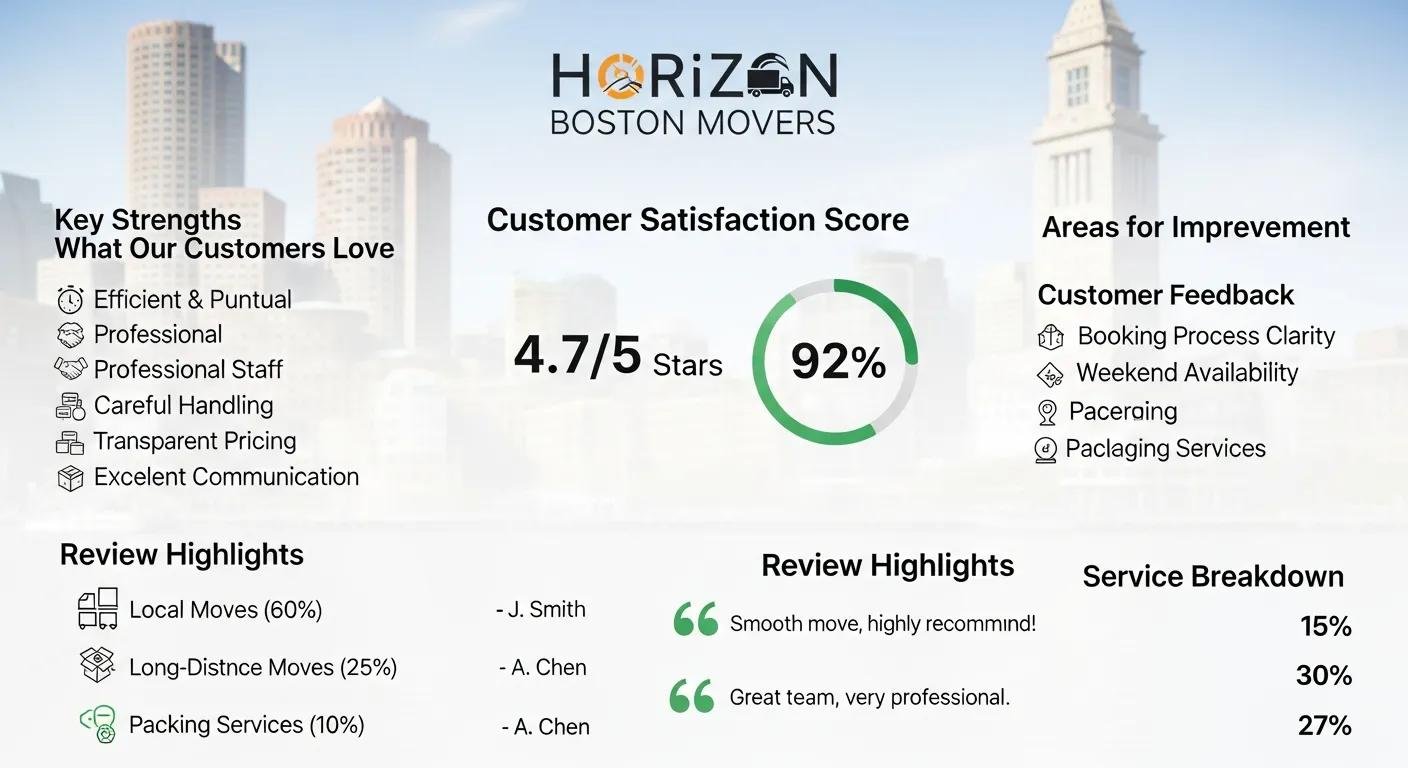Reschedule Your Move the Easy Way
Plans change — and when your moving date shifts, it can throw everything off. This guide gives you a clear, step‑by‑step plan for rescheduling without extra headaches. You’ll learn what to do first, how movers typically handle date changes, when packing or storage can help, and practical tips to keep the process smooth. Follow these steps and you’ll get back on track quickly and confidently.
What should you do first when your moving date changes?
Start with quick, direct communication and a little preparation. Let your moving company know as soon as possible so they can try to accommodate the new date. Acting promptly reduces stress, helps preserve your booking, and gives movers time to rearrange their schedule.
How to tell your moving company about a date change
- Pick your contact method: Call or email depending on the company’s preferred channels — phone is fastest for last‑minute changes.
- Have key details ready: Share your original moving date, the new date you want, and any changes to inventory or services.
- Reach out right away: The sooner you notify them, the better your chances of keeping costs down and finding availability.
What information to prepare before you reschedule
Collect these details so the rescheduling process goes smoothly:
- Original moving date: Know the date on your current booking.
- Preferred new dates: Offer a couple of alternatives to increase flexibility.
- Move details: Be ready to confirm the size of the move, any special items, and any additional services you need.
What are moving companies’ date‑change policies and possible costs?
Policies vary by company, so check yours early to avoid surprises. Many movers have set rules for cancellations and rescheduling — some are flexible, others charge fees for short‑notice changes.
How moving companies usually handle rescheduling
- Contact customer service: That’s the first step to begin the reschedule process.
- Check availability: A rep will confirm whether your new date works and may offer alternatives.
- Update paperwork: You might sign an updated agreement or have the booking revised in writing.
What fees or charges might apply when you change your moving date?
Fees depend on timing and company policy. Typical charges include:
- Cancellation fee: Some companies charge if you cancel an existing booking.
- Rescheduling fee: A short‑notice change may incur a fee, especially within a few days of the move.
- Optional free changes: Certain movers offer free date changes if you notify them within their specified window.
How can packing and storage services help when your moving date shifts?
Packing and storage can be a real lifesaver when your date changes. They give you options to protect belongings and bridge gaps between move‑out and move‑in dates.
When to consider storage solutions
- Significant delays: If the new date is much later, storage keeps your items safe.
- Early move‑out: If you must leave your current place before the new home is ready, short‑term storage helps.
- Scheduling conflicts: If your new date clashes with other obligations, storage gives you breathing room.
How to adjust your packing plan for a new date
- Update your timeline: Push or pull packing milestones to match the revised date.
- Tell your movers: Let them know any packing changes so they can plan labor and truck space.
- Protect items: Use sturdy boxes and padding if your belongings will be packed longer or go into storage.
What are the best practices to make rescheduling go smoothly?
Use these practical steps to reduce stress and avoid pitfalls when changing your moving date.
How to communicate clearly with movers and other parties
- Be prompt and specific: Give exact dates, times, and any adjustments to services.
- Record conversations: Save emails, texts, or notes from phone calls for reference.
- Follow up through another channel: If you don’t hear back, call after emailing, or vice versa, to be sure the change is logged.
How to protect your belongings during delays
- Use quality packing supplies: Proper wrapping and sturdy boxes reduce damage risk during extra handling or storage.
- Review insurance options: Ask your mover about coverage during any extended hold or storage period.
- Keep essentials separate: Pack a box of items you’ll need access to during the delay.
This comparison shows how different movers handle date changes — Horizon Boston Movers offers short‑notice flexibility, while others may charge or require longer notice. Knowing each policy helps you pick the best option when plans shift.
Frequently Asked Questions
What should I do if my moving date changes last minute?
Call your mover right away and explain the new date. Be ready for possible fees if it’s very close to the original day. If needed, consider short‑term storage and adjust your packing plan. Clear, prompt communication is the best way to limit disruption.
How can I find a reliable moving company that accommodates date changes?
Read reviews and ask prospects about their rescheduling policy up front. Look for companies that list flexible scheduling and honest fee policies, and compare a few estimates. Good customer service and transparent terms are key.
Are there times when rescheduling is harder?
Yes — peak moving season (summer and around holidays) and last‑minute changes are the most challenging. Movers are busier then, so booking early and staying flexible with alternate dates helps.
What are the benefits of using professional packing services when rescheduling?
Pros can pack efficiently and securely, which matters more when items sit longer before transport. They also speed up the process on moving day and can advise on storage needs, reducing your workload and stress.
How can I ensure my belongings are safe during a delay?
Use proper packing materials, consider climate‑controlled storage for sensitive items, and check insurance or valuation coverage with your mover. Label boxes and keep essential items separate so you can access them if needed.
What should I include in my moving checklist when rescheduling?
Update your checklist with the new moving date, notify the mover, revise packing deadlines, confirm storage if needed, and gather contracts and insurance documents. A clear checklist keeps everything on track.
Conclusion
Rescheduling doesn’t have to be chaotic. With quick communication, a clear plan, and the right packing or storage support, you can shift your moving date with minimal stress. Review your mover’s policy, keep records of changes, and lean on professionals when it helps — you’ll be settled into your new place soon. For more tips and resources, explore our guides and reach out if you want help planning the change.













